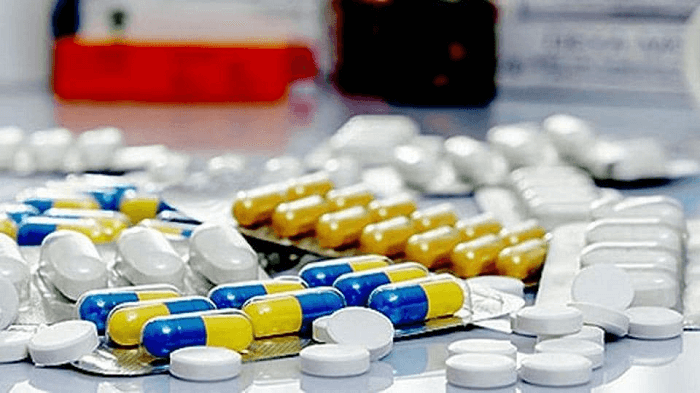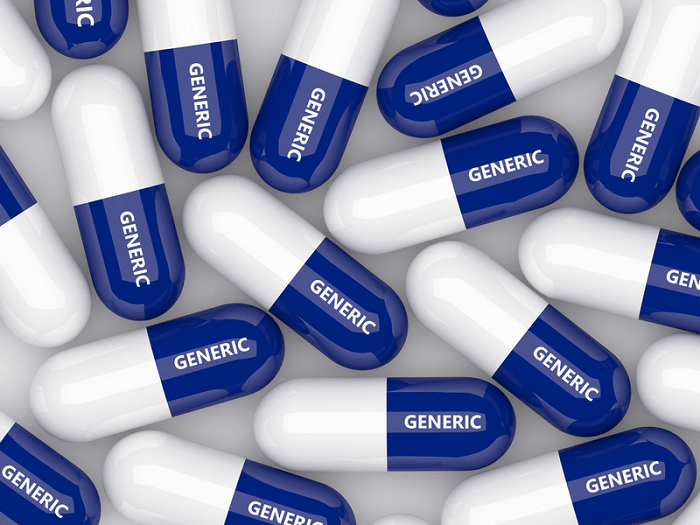Difference Between Generic and Branded medicinesGeneric medicines
A generic medication is a copy of a brand-name drug approved for use. It is identical to the original medicines regarding effectiveness, health consequences, prescription, purity, safety, way of taking it, and performance. Branded medicines
A pharmaceutical product that is marketed by a pharmaceutical business and is covered by a patent. Brand-name medicines may be bought over the counter or with a prescription. Generic medicines V/S Branded medicines
Benefits of Generic Medicines
Drawbacks of Generic Medicine
Branded Medicines Benefits
New medication very often, the first medication on the market is a brand-name medicine. This particular version undergoes several tests to determine the efficacy of the consumers. 1. Rate of absorption Though exceedingly unlikely, there is a possibility that branded medications are more effectively absorbed and utilized by the body. 2. Acknowledgment Loyalty and recognition are higher because pharmaceutical businesses spend much time and money on marketing and branding. Branded Medicines Drawbacks
1. Cost They often cost more than generic medications. 2. Insurance for health care Branded drugs might occasionally be discouraged from being purchased altogether due to their high price. ConclusionThe active ingredient in generic medications is the same as in branded-name medications. These typically cost significantly less than the branded name equivalent, nevertheless. The Food and Drug Administration (FDA) has specific requirements that must be met before a generic medicine is approved. Generic and Branded medicines frequently ask questionsQuestion 1: Why are generic medicines more affordable? Answer: Manufacturers of generic medications do not face the same expenses as those of brand-name pharmaceuticals. It is due to the extraordinarily high initial investment and expenditures associated with brand-name medication research, clinical trials, and development. Since the product has already been manufactured and promoted, generic producers can make this expenditure without making this expenditure. While many businesses typically offer the same generic medicine, there is also more rivalry among generic drug makers because only one company can market a brand-name medicine. Pricing becomes competitive as a result. Question 2: What Distinctions Exist Between Generic and Branded Drugs? Answer: There may be some variations between generic and branded medications. This might change the drug's appearance. However, neither its operation nor safety is impacted by them. Generic medications can differ in:
Branded medications cannot include the same inactive components as generic medications. They could, for example, use a different:
Question 3: Which type of medication is more effective, generic or branded? Answer: Branded and generic pharmaceuticals both have the same effectiveness. The FDA requires drug manufacturers to demonstrate that generic medicines may be used instead of branded medicines and provide equivalent benefits. Question 4: What are the two critical distinctions between generic and branded medicines? Answer: While a generic medicine uses the same active ingredient as a brand-name drug, a brand-name drug refers to the name given by the manufacturing business. Although they will be marketed under various brand names, generic medications will share the same active ingredients as their branded name counterparts.
Next TopicDifference between
|
 For Videos Join Our Youtube Channel: Join Now
For Videos Join Our Youtube Channel: Join Now
Feedback
- Send your Feedback to [email protected]
Help Others, Please Share










